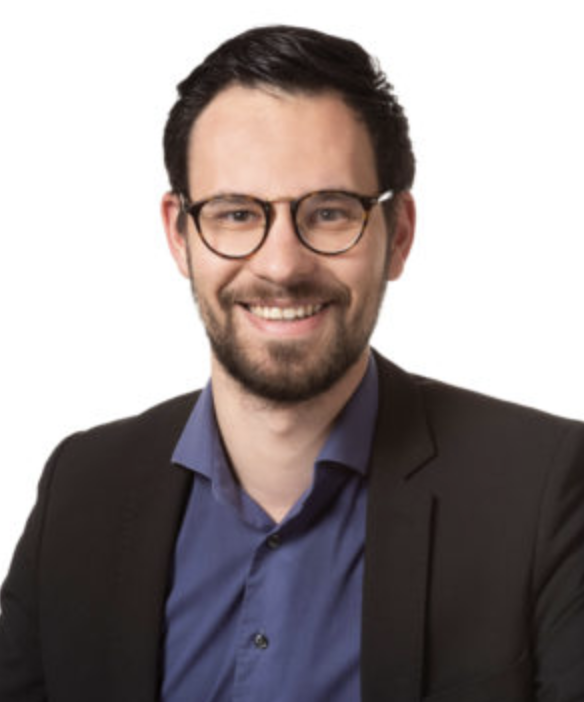 Word from Kilian Winz, representative of the doctoral students
Word from Kilian Winz, representative of the doctoral students
My dear fellow doctoral students,
You first elected me in 2018 to represent you on the CUSO Coordination and Management Commission before re-electing me in 2020 for a second term. As I am about to complete my PhD thesis this summer, I will not be seeking re-election. I would like to take this opportunity to say a few words to express my gratitude for the four years I have spent defending our interests.
These four years have been marked by a constant pressure on the budgets dedicated to doctoral training. This situation is quite singular insofar as the demand for training is inversely proportional to the available budgets. Indeed, many of us have shown our attachment to our doctoral programs or to the transversal program; an attachment revealed by the important quantity of registrations collected each year. Thanks to our consultative voice within the Commission, we have managed to find interesting solutions to maintain the standards of education as well as possible. The excellent collaboration with the vice-rectors, who are sensitive to the necessity and the importance of offering a quality doctoral education, has allowed us to make a nice path of compromise and pragmatic solutions.
Dear doctoral students, these four years have made me realize that training "throughout the thesis" must, in fact, be a priority for each of us. Always caught up in the need to prepare the next class and the obligation to finish a chapter of writing or the reading of an article before the next week, we must undoubtedly keep in mind that doctoral training appears to be a long-term investment. It is no secret that we are in a precarious contract situation. The vast majority of us will not continue on the academic career path. Educating yourself throughout your academic career reduces the likelihood of having difficulty finding employment once the applause of the defense has ceased. Moreover, caught up in a job that is as exciting as it is solitary, training days are an opportunity to exchange ideas, share difficulties and create a network. In short, it is an opportunity to realize that we are less alone and that the difficulties are shared by all.
Finally, I will end these few words by reminding us that, in an ultra-competitive university environment, solidarity between doctoral students makes sense. All of us, as many as we are, are going through violent phases of uncertainty. Rather than feeding this institutionalized competition, we have much to gain by cultivating a spirit of mutual aid and caring. In addition to training throughout the doctorate, which is the first stick of the pilgrim, mutual aid coupled with benevolence is undoubtedly the second stick that allows us to reach the end of the long path that is the doctorate.
With all my courage and my consideration,
Kilian




 Version française
Version française